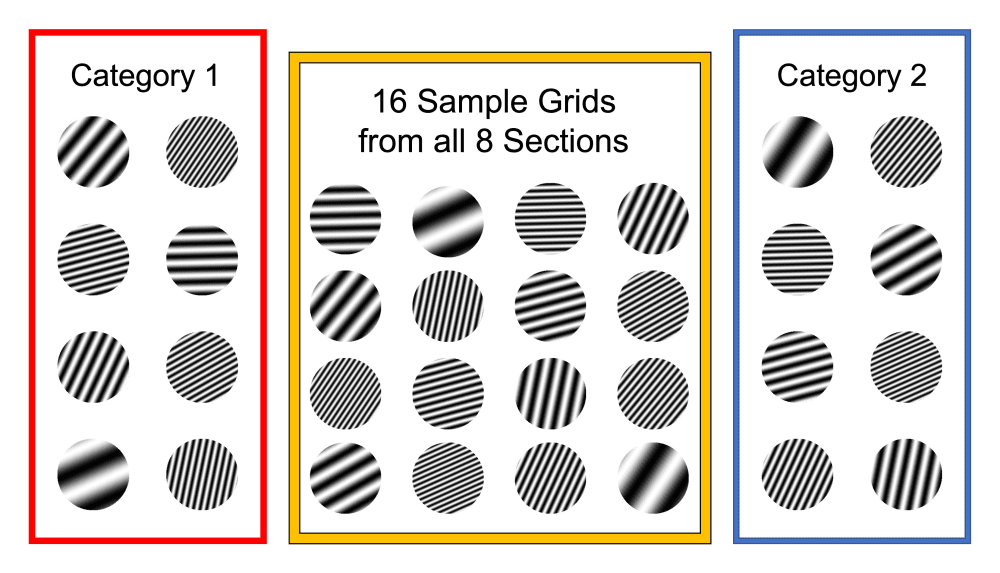The champions of unclouded thought were recently put to the test in a study that sought to explore if an illogical puzzle could be more easily solved by an animal with the associative learning approach of a computer. It saw researchers put a group of pigeons to the test to investigate their performance in a series of categorization tests compared to that of artificial intelligence (AI). Once those bird brains got going, it became apparent that their “brute force” approach to learning meant that actually, they were pretty closely matched to their coded competitors.
Pigeons are creatures fuelled by simple motivations such as survival, reproduction, and the pursuit of seed. While they might lack the higher reasoning seen among more cognitively complex animals like humans, they’ve evolved a type of associative learning that sees them develop their knowledge through trial and error. In reality, it’s not that different to the approach used by modern AI.
The peculiar test the researchers put their test pigeons through to establish their performance involved solving sequences that logic or reasoning didn’t apply to. This effectively meant that there was no option to think through the task but instead only to give it a go and see what happened. Something, it turns out, pigeons are pretty good at.
The “diabolically difficult” test, as the researchers described it, saw the pigeons categorize visual stimuli by pecking buttons. When they got it right, they got a pellet, and when they didn’t, they got nothing. The reward or lack thereof acted as feedback for the birds who began with a 50 percent success rate that later rose to an average of 68 percent, which was a significant improvement.

Be honest, would you have a clue what you were doing? Image credit: Ed Wasserman, University of Iowa
“These stimuli are special. They don’t look like one another, and they’re never repeated,” said corresponding author Ed Wasserman, Stuit Professor of Experimental Psychology in the Department of Psychological and Brain Sciences at Iowa who has studied pigeon intelligence for five decades, in a statement. “You have to memorize the individual stimuli or regions from where the stimuli occur in order to do the task.”
“The pigeons are like AI masters. They’re using a biological algorithm, the one that nature has given them, whereas the computer is using an artificial algorithm that humans gave them.”
It seems the humble pigeon’s simple approach to problem-solving, which isn’t clouded by the business of trying to make sense of things, is actually what makes it so successful at solving illogical puzzles. The same clarity of mind could be said of AI that uses associative learning to muddle its way through things without bias or knowledge of, well, anything.
Put a human in the same scenario and they would probably get in a right muddle, but for pigeons, it’s all coo coo ca choo. If that’s the case, argues the team, then why is the artificial intelligence of AI so celebrated while the gooey “bird brains” of pigeons are overlooked?
“People are wowed by AI doing amazing things using a learning algorithm much like the pigeon,” Wasserman said, “yet when people talk about associative learning in humans and animals, it is discounted as rigid and unsophisticated.”
“[AI] can beat us at all kinds of things. How does it do it? Is it smart? No, it’s using the same system or an equivalent system to what the pigeon is using here.”
Well, perhaps not always overlooked. There was that time Project Pigeon tried to train them to guide bombs back in WWII…
The study was published in Current Biology.
Source Link: Battle Of The Brains: Pigeon Vs. AI Learning? It's Pretty Similar